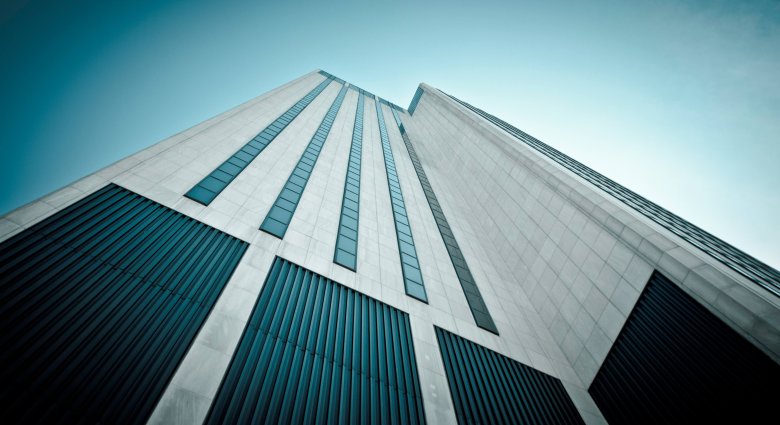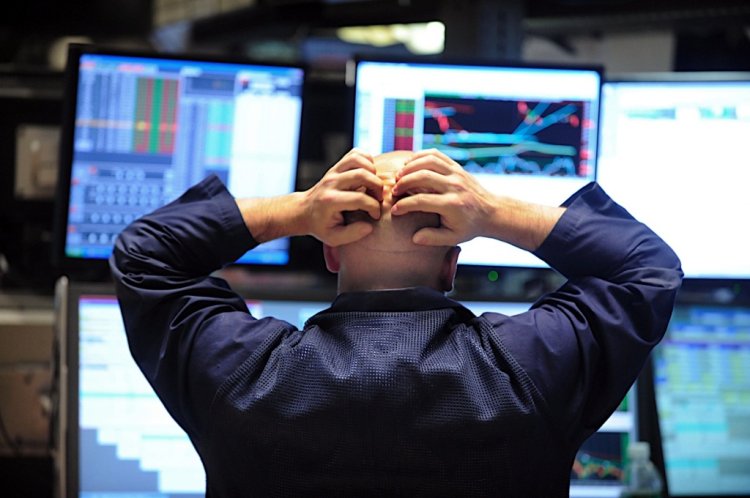
Report: Is the world threatened by another economic crisis?
The beginning of the year was undoubtedly the worst for the world's stock exchanges. It started with low commodity prices, problems in developing countries and rising interest rates in the US. All this has led to the beginning of the year being compared to the economic crisis of 2008, as well as to the Asian meltdown of 1997. Basically, each of these problems does not pose a real threat separately, but when cumulatively they can be a 'dangerous cocktail of risks', as British Finance Minister George Osbourne put it. But it is not only him who has a pessimistic vision - the threat to the world is also seen by Christine Lagarde, head of the International Monetary Fund. It appealed to the governments of those countries whose economies are based on exports of raw materials to adapt to the current market realities. The world has started to wonder whether this "cocktail of dangers" could turn out to be explosive.
The Swiss investor Marc Faber - the same one who predicted the crisis in the second half of the last decade - leaves no illusions. He notes that there is an investment bubble in all asset classes. These assets have in fact one road in front of them that they cannot protect themselves from: they will sink, like the Titanic. Their type is absolutely irrelevant - it will be both money and investing in paintings, for example. This sad vision seems to be confirmed by the MSCI World index, which shows the dominant trend on world stock exchanges: at the beginning of January it lost more than 6 percent in value. Undoubtedly, such a beginning of the year is a nightmare for many dance floors - including the largest, American, but also Polish. The famous financier George Soros also compares to the crisis of 2008. He believes that the current situation on the financial markets brings to mind serious challenges - exactly the same as in the memorable year 2008. However, economists remain optimistic.
The latest World Bank study forecasts the opposite trend, i.e. acceleration of economic growth - from 2.4 per cent in 2015 to 2.9 per cent in 2016. However, this optimism is somewhat hampered by the price of crude oil. They are the lowest on the American market in 12 years, and their decline has two main causes. One is overproduction, the other is a significant problem with demand. Problems from the beginning of 2016 are more and more often compared to those from 2008, but this comparison is much simplified. That is to say: the reasons for concern are justified, but the origin of the problems is completely different. The crisis of this period is cited by many personalities associated with the financial market. One of them is George Soros, who in the economic forum in Sri Lanka referred, for example, to China, which he believes has a great problem with adapting to the new conditions, which he places on an equal footing with the crisis of 2008. His speculations are also confirmed by George Osbourne, who added that 2016 might be the most difficult year for the world economy since 2008.

In China, quotations were suspended on two of the first four trading days - the falls reached the maximum acceptable level. This situation had a direct impact on other trading floors: New York's Dow Jones index fell by 5.2 per cent in the first four days. The same was true of the MSCI All-Country World Index, which is an indicator grouping all major dancefloors in the world. You are very concerned about the Middle Kingdom - it's not just the overcapacity that's the problem. China is suspected of falsifying economic growth figures and, more specifically, of overestimating them. In addition, their debt is growing rapidly, which is all the more important because the standard of living in the provinces is not fully known. An additional threat is the high price of the yuan, which significantly reduces the competitiveness of Chinese products. China's problems are felt throughout the world, mainly because it is the second largest economy in the world. The most shameful mistake of the authorities seems to be to devalue the yuan instead of carrying out restructuring involving a rise in unemployment. The other Asian markets are expected to react in a similar way: they will, after all, want to defend their competitiveness.
However, the problem is not just China itself. Almost all emerging markets face problems. This is due to the flight of capital to highly developed countries, i.e., theoretically more secure countries, the strengthening of the dollar, falling prices of raw materials and agricultural products, as well as political turmoil. This has been the case for about two or three years. It also applies more or less to Russia, South Africa, Argentina, Turkey and Brazil. The fall in oil prices, which has already been mentioned, is a huge problem. This entails both positive and, unfortunately, very negative consequences. A definite advantage is that many products and services have come to a standstill. However, due to low oil prices, oil countries such as Russia and Brazil (with the exception of the Gulf oil countries) are falling into serious difficulties. Western oil companies are also affected by this problem. The fall in oil prices is also interpreted as a symbol of the economic slowdown. Undoubtedly, the component that contributed to the tragic start of the year is the sharp rise in tension between Saudi Arabia and Iran, as well as speculation about North Korea's potential hydrogen bomb test.
What makes the current bad start of the year different from the 2008 crisis is its origins. The last crisis began in America, because of too liberal a policy of lending to insolvent people. This trend then spread to European countries. Trying to save the banks caused a debt crisis. Concerns about the imminent new global crisis therefore seem to be somewhat exaggerated. Economic forecasts are quite optimistic - China is certainly not threatened by any recession, on the contrary: sustainable GDP growth is forecast. The World Bank's forecasts for economic growth of up to 2.9 per cent also give hope.
See more

More and more work via the Internet

Ovulatory office lamps - lenses for presbyops
























